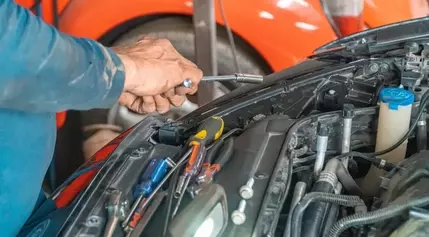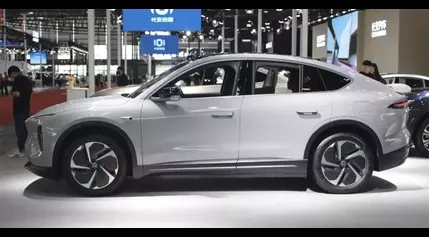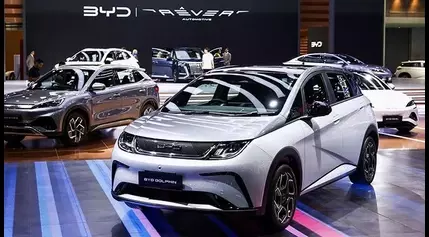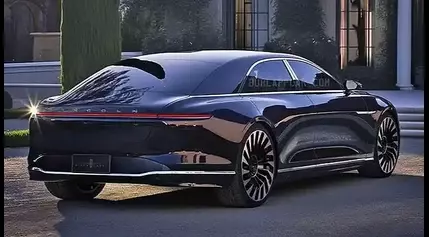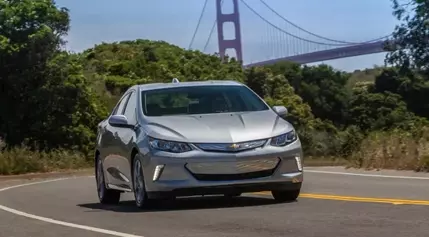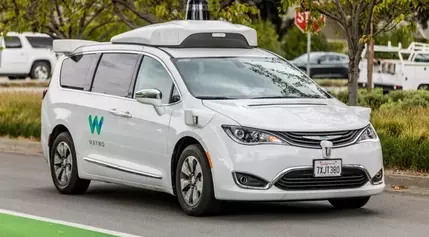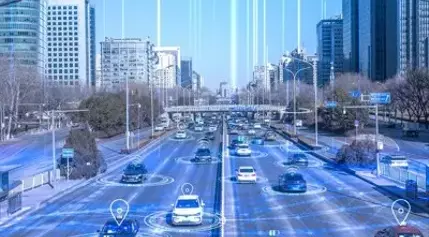
Securing America's Connected Vehicles: A Crucial National Security Imperative
In a move to safeguard national security and protect the privacy of American citizens, the U.S. Commerce Department has proposed a rule to prohibit the sale of connected vehicle components manufactured in China and Russia. The proposed regulation targets vehicle connectivity systems and automated driving systems, citing concerns that these technologies could enable foreign adversaries to collect sensitive data and disrupt critical infrastructure.Fortifying the Future of Automotive Technology
Addressing the Risks of Connected Vehicles
The modern automobile has evolved into a technological marvel, with features like cameras, microphones, GPS tracking, and internet connectivity. While these advancements have enhanced the driving experience, they have also introduced new vulnerabilities that could be exploited by foreign adversaries. The Commerce Department's proposed rule aims to mitigate these risks by restricting the use of components from China and Russia in connected vehicles.The rule would prohibit the sale of vehicle connectivity systems, which include Bluetooth, cellular, satellite, and Wi-Fi modules, as well as automated driving systems that enable autonomous vehicle functionality. The software restrictions would take effect starting with model year 2027, while the hardware prohibitions would apply to model year 2030 or to units without a model year beginning January 1, 2029.Safeguarding National Security and Privacy
The rationale behind the proposed rule is clear: the sensitive data collected by connected vehicles, such as location, driving patterns, and even audio recordings, could be accessed by foreign adversaries, posing a serious threat to national security and the privacy of American citizens. Commerce Secretary Gina Raimondo emphasized the gravity of the situation, stating, "It doesn't take much imagination to understand how a foreign adversary with access to this information could pose a serious risk to both our national security and the privacy of U.S. citizens."The rule is a direct response to the Trump-era executive order that empowered the Commerce Department to secure U.S. supply chains. The Biden administration has also taken steps to curb the acquisition and exploitation of sensitive personal data by adversarial nations, further underscoring the importance of this issue.Navigating the Global Landscape
The proposed rule has already sparked a diplomatic response, with China expressing its opposition to the "generalization of the concept of national security" and "discriminatory practices against Chinese companies and products." The Chinese government has urged the U.S. to "respect market principles and provide Chinese companies with an open, fair, transparent, and non-discriminatory business environment."Russia, on the other hand, has remained silent on the matter, with its foreign ministry and embassy in Washington, D.C. not responding to requests for comment. This silence, however, does not diminish the potential threat posed by Russian-made components in connected vehicles, as the country's national security laws and state-driven economy have raised concerns about their ability to exploit such technologies for intelligence and sabotage purposes.Broader Implications and Ongoing Efforts
The proposed rule is part of a broader effort to secure critical infrastructure and protect against the infiltration of foreign adversaries. A recent GOP-led report found that numerous U.S. seaports contain technology originating from Chinese manufacturers that could create backdoors for data gathering, firewall evasion, and interference with port activities.In response, a House bill has been introduced that would bar the Transportation Department from using taxpayer dollars to procure equipment containing light sensing and ranging (LiDAR) technologies made by China and other foreign adversaries. This legislation underscores the government's commitment to addressing the national security risks posed by foreign-made components in transportation-related systems.As the public comment period on the Commerce Department's proposed rule opens, the debate surrounding the balance between national security, technological advancement, and global trade will undoubtedly continue. The outcome of this rule will have far-reaching implications for the future of connected vehicles and the protection of American interests in the face of evolving cyber threats.New

Cars

Cars





